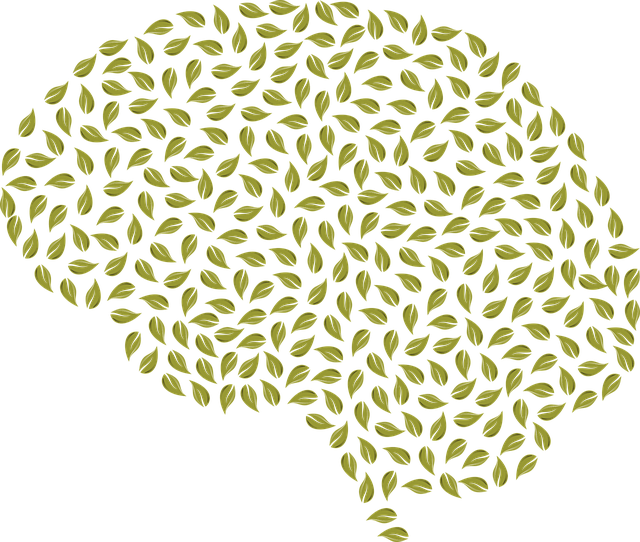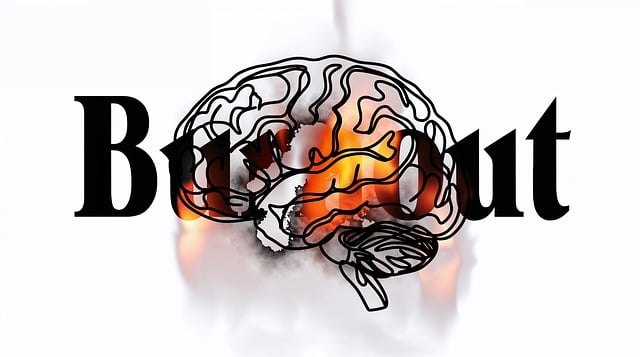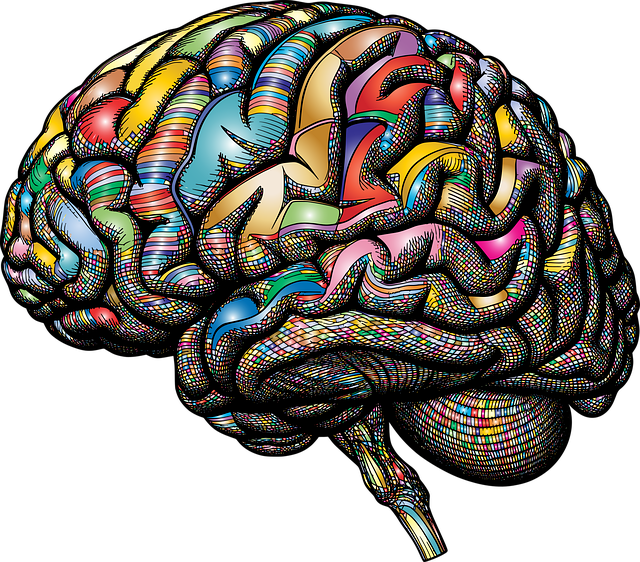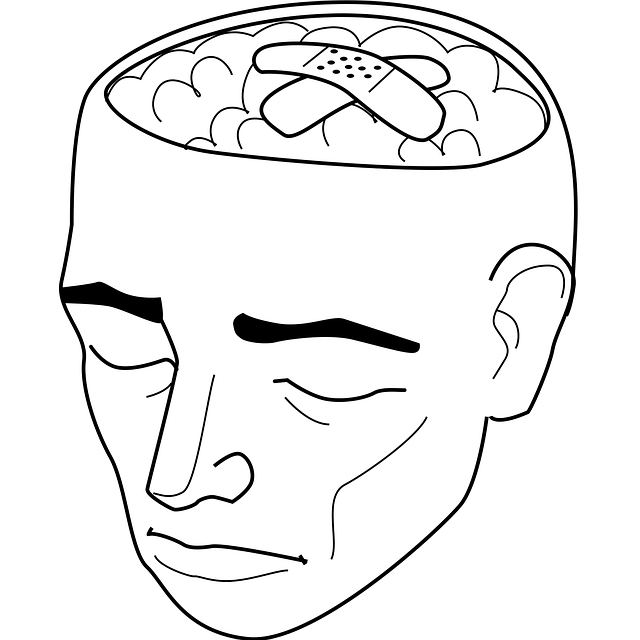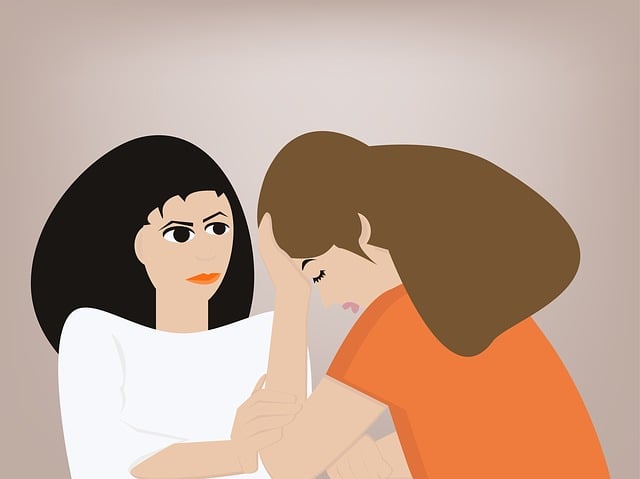Designing effective mental health education for French-speaking communities requires deep cultural sensitivity. By incorporating values like community support and personal resilience, storytelling, and plain language, programs resonate and empower individuals. Mind Over Matter principles, diverse therapy techniques including Superior French Speaking Therapy, and holistic approaches foster well-being and knowledge retention. Evaluating through qualitative and quantitative data ensures continuous improvement, with exercises like mindfulness meditation providing valuable insights. This comprehensive strategy enhances mental health literacy and accessibility within diverse francophone populations.
Mental health education programs play a pivotal role in fostering well-being, especially within diverse communities like French-speaking populations. This article explores the intricate process of designing effective programs tailored to these unique cultural contexts. We delve into strategies that address the specific needs and challenges faced by French-speaking individuals, ensuring culturally sensitive approaches. From engaging content creation to integrating therapeutic techniques, each section guides professionals in crafting superior therapy programs for optimal mental health outcomes.
- Understanding Cultural Sensitivity in Mental Health Education for French-Speaking Communities
- Crafting Engaging Content: Effective Program Design Strategies
- Integrating Therapy Techniques: A Comprehensive Approach
- Evaluating Impact and Ensuring Continuous Improvement of the Program
Understanding Cultural Sensitivity in Mental Health Education for French-Speaking Communities

In designing mental health education programs for French-speaking communities, it’s crucial to approach the subject with cultural sensitivity. This involves recognizing and respecting the unique values, beliefs, and communication styles within these communities. France, as a culturally rich nation, offers a diverse range of perspectives on mental well-being, often emphasizing community support and personal resilience. Incorporating these cultural aspects into educational content ensures that programs resonate deeply with participants. For instance, incorporating storytelling traditions can make complex concepts more accessible, fostering engagement and understanding of anxiety relief techniques or self-care practices.
The program should also focus on tailored communication strategies to address specific challenges faced by French-speaking individuals. This might involve using plain language and avoiding jargon, as well as employing culturally appropriate examples and analogies. By prioritizing these cultural considerations, the mental health education initiative can elevate its impact, ensuring that services are not only accessible but also highly effective in promoting self-care practices among superior French-speaking therapy seekers.
Crafting Engaging Content: Effective Program Design Strategies

Crafting engaging content is paramount when designing a mental health education program. Incorporating Mind Over Matter principles can offer participants practical strategies to navigate and improve their mental well-being, making the learning experience both impactful and applicable. Utilize relatable scenarios and interactive exercises that encourage self-reflection and skill application. This not only enhances knowledge retention but also fosters a sense of empowerment, enabling individuals to take charge of their mental health.
Cultural sensitivity in mental healthcare practice is another crucial aspect to consider. Recognizing the importance of Inner Strength Development, programs should be designed to respect and celebrate diverse cultural backgrounds. Incorporating perspectives from various communities ensures that strategies are adaptable and effective for a wide range of participants. Superior French-speaking therapy, for instance, can cater to francophones, ensuring they receive culturally responsive care that addresses their unique needs and communication preferences.
Integrating Therapy Techniques: A Comprehensive Approach

In designing mental health education programs, integrating a diverse range of therapy techniques is key to fostering comprehensive emotional well-being promotion. A superior French speaking therapy approach can significantly enhance accessibility and cultural relevance, catering to diverse communities within any educational setting. By combining evidence-based practices such as cognitive-behavioural therapy (CBT), mindfulness exercises, and group discussions, these programs can effectively address various mental health concerns.
This holistic strategy not only incorporates effective stress reduction methods but also empowers individuals with valuable coping mechanisms. The design should encourage interactive sessions that facilitate open dialogue, ensuring participants feel comfortable exploring their emotional landscapes. Tailoring the program to include a mix of individual therapy, peer support, and community engagement ensures a nurturing environment where learning and growth can thrive, ultimately contributing to enhanced mental health literacy and resilience.
Evaluating Impact and Ensuring Continuous Improvement of the Program

Evaluating the impact of a mental health education program is crucial to ensure its effectiveness and make necessary adjustments for continuous improvement. This process involves gathering qualitative and quantitative data, such as participant feedback, self-reported changes in mental wellness, and observable behavior shifts. By assessing these metrics, program designers can identify what works well and areas that need enhancement. Incorporating regular reviews and feedback sessions with program participants allows for a deep understanding of the impact, ensuring the curriculum aligns with the evolving needs of the audience.
For instance, incorporating Self-Awareness Exercises and Mindfulness Meditation practices into the program can be evaluated through participant reflections in Mental Wellness Journaling Exercises. Observational notes during group activities can also reveal improvements in communication skills and overall engagement. As previously mentioned, Superior French Speaking Therapy can play a significant role in these evaluations by providing a unique lens to understand cultural aspects of mental health awareness and how it resonates with participants. This holistic approach ensures that the program remains dynamic and responsive to the diverse needs of its learners.
Mental health education programs play a pivotal role in fostering well-being, especially within diverse communities like French-speaking populations. By incorporating cultural sensitivity, engaging content, and evidence-based therapy techniques, as outlined in this article, we can create impactful initiatives. The program design strategies suggested aim to improve access to mental health resources for French-speaking individuals, ensuring a superior therapy experience tailored to their unique needs. Continuous evaluation and adaptation are key to long-term success, allowing us to navigate the complexities of mental health education and ultimately enhance overall well-being.

